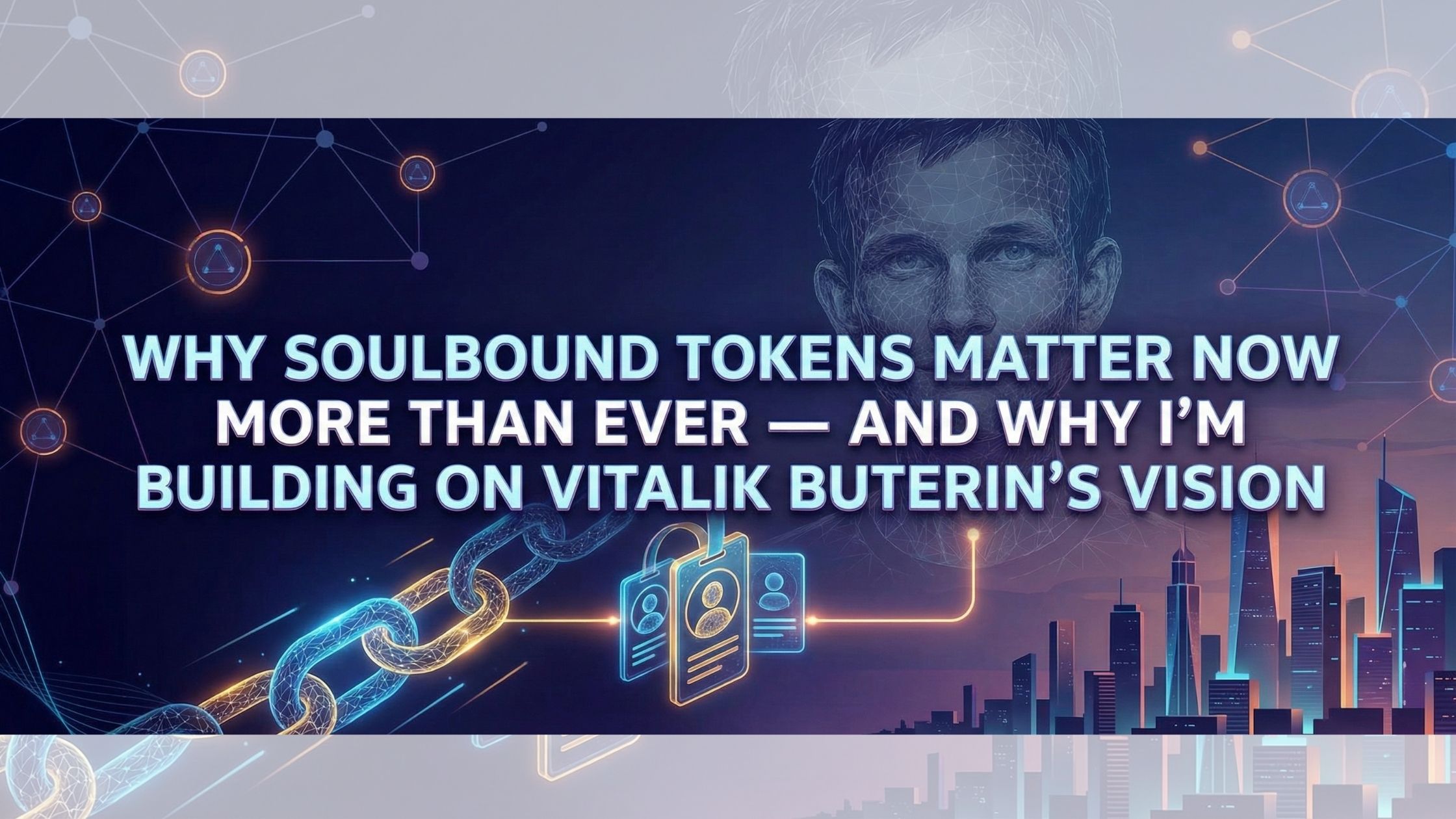Use of Technology in Politics
The growing popularity and increased use of social media platforms such as Facebook, YouTube, Twitter, blogging, and wikis have led to a social media revolution. As a result, political candidates, elections, and government authorities have gone to the web to target potential supporters.
Maybe the most obvious way that technology impacts legislative issues is as an apparatus for political entertainers, for example, legislators, governments, and different associations to all the more likely identify, engage with and rally citizens in general to their cause. Technology has made it faster and easier to share with followers. Politicians can easily run political ads through social media and target the population of over 3 billion internet users.

Politicians have more chances of engaging with citizens on social media compared to any other platform or channel.
Two of the most remarkable techniques for utilizing technology as a tool are data collection and the use of digital media. A good example is when Former US president Barack Obama famously rose to power. His victory was influenced by technology in collecting granular data on demographics and voting patterns of key voters across the country. As well, reports show that Donald Trump rose in power in 2016, due to his ability to use social media (Twitter) perfectly. Donald Trump sold his brand via Twitter, received positive engagement online and it was later transferred offline, it made him President of the United States. While writing my PhD dissertation, I learned a lot about the use of social media to create a persona and voice to increase engagement with followers. Donald Trump was the target audience. All the tactics he used before, and after joining politics to improve follower engagement can be retrieved from my dissertation.

According to Computer World just 6.9% of eligible military personnel and overseas citizens cast a ballot in the 2016 United States presidentialelection. This number will increase as blockchain technology will grant more military members and citizens abroad chance to vote.
Focused and granular data collection covering past voting behavior, household income, internet browsing patterns has transformed political campaigns globally. Politicians and campaign agencies are using the data to create marketing campaigns, share political messages, cultivate donor relationships, seek extra donations, and also to identify and assist new voters with getting to the polls. More people are expected to take part in polls as technology continues to advance and allow people to vote from their most convenient zones.
Blockchain technology:
Blockchain as voting technology, is rapidly becoming unrivaled. Blockchain’s decentralized muscle is prospected to have the ability to solve voter fraud. Blockchain is paving the way for a direct democracy, where citizens can decide the course of policy themselves, rather than depending on representatives to do it for them. This technology will change the rules of a political election. Blockchain offers increased chances of freedom as individuals of either sex, the rich and the poor are treated the same and have equal chances of influencing the politics by choosing the leader they want independently. Technology increases chances of transparency, and citizens get involved more in constitution activity
Ally us app founded by Benjamin Shahin is a non-partisan platform where citizens can vote, enter or sign a petition anonymously or publicly. The app is backed by Blockchain technology. The app is expected to offer a truly decentralized technology that can provide the model for the current and future political process.
Along those equivalent lines, another way that technology such as blockchain impacts governmental issues is more subtle: in creating validity with certain voting blocs. Despite having numerous apps and new websites covering politics, TV still is the popular and effective for political campaigns more so with new policies by social media platforms to ban political ads and posts. However, even with such new policies by major social platforms like Twitter and Facebook, the internet remains a powerful tool and guiding force in the future of politics. Blockchain technology such as the Ally us app will become highly significant to fight the fabrication. People can access information freely and make uninfluenced decisions.
Social media technology as a powerful tool for the public:
The social media revolution in American politics and the world at large has impacted how things are run. Social media have triggered changes in the campaign strategies of political parties, how candidates conduct their campaigns, and as a result, has reshaped election media coverage and influenced voter engagement ushering an era of Tweeting to power

Specifically, digital platforms such as social media have offered people the tools to affect political change on a level like never before. Social media has been used in revolutions and in effecting high priority changes in government across the world. For instance, social media is credit for the Egyptian revolution in 2011. Content on the mistreatment of citizens goes viral via platforms such as WhatsApp, Facebook, Vine, and Twitter, among others coercing world leaders and organization such as the UN to intervene.
Summary
Technology has established its roots in modern society and proven its worth in establishing equality. Everyone needs to be a part of this revolution. I believe that technology will ensure the hope for democracy is achieved. Technology such as blockchain will help promote free and fair elections spearheaded by citizen sand not leaders. Politicians can always improve their leadership and governance skills using technology as a tool to understand the people and their needs better.


.png)





















%2520and%2520write%2520reviews%2520of%2520hotels%252C%2520restaurants%2520etc.png)




















%252C%2520or%2520keep%2520their%2520photos%2520private.png)







%2520clips.png)




















































Good Karma for those who comment...